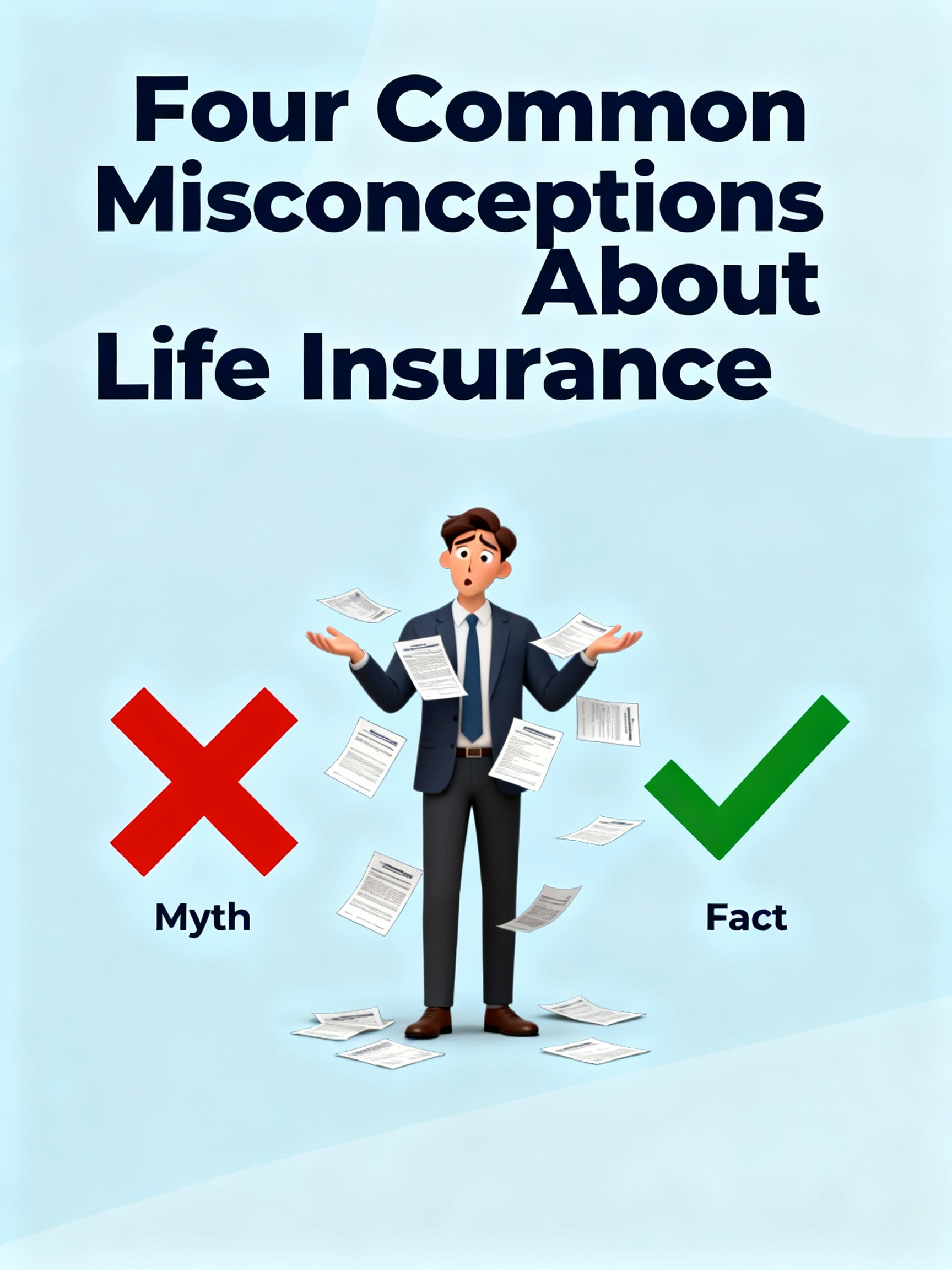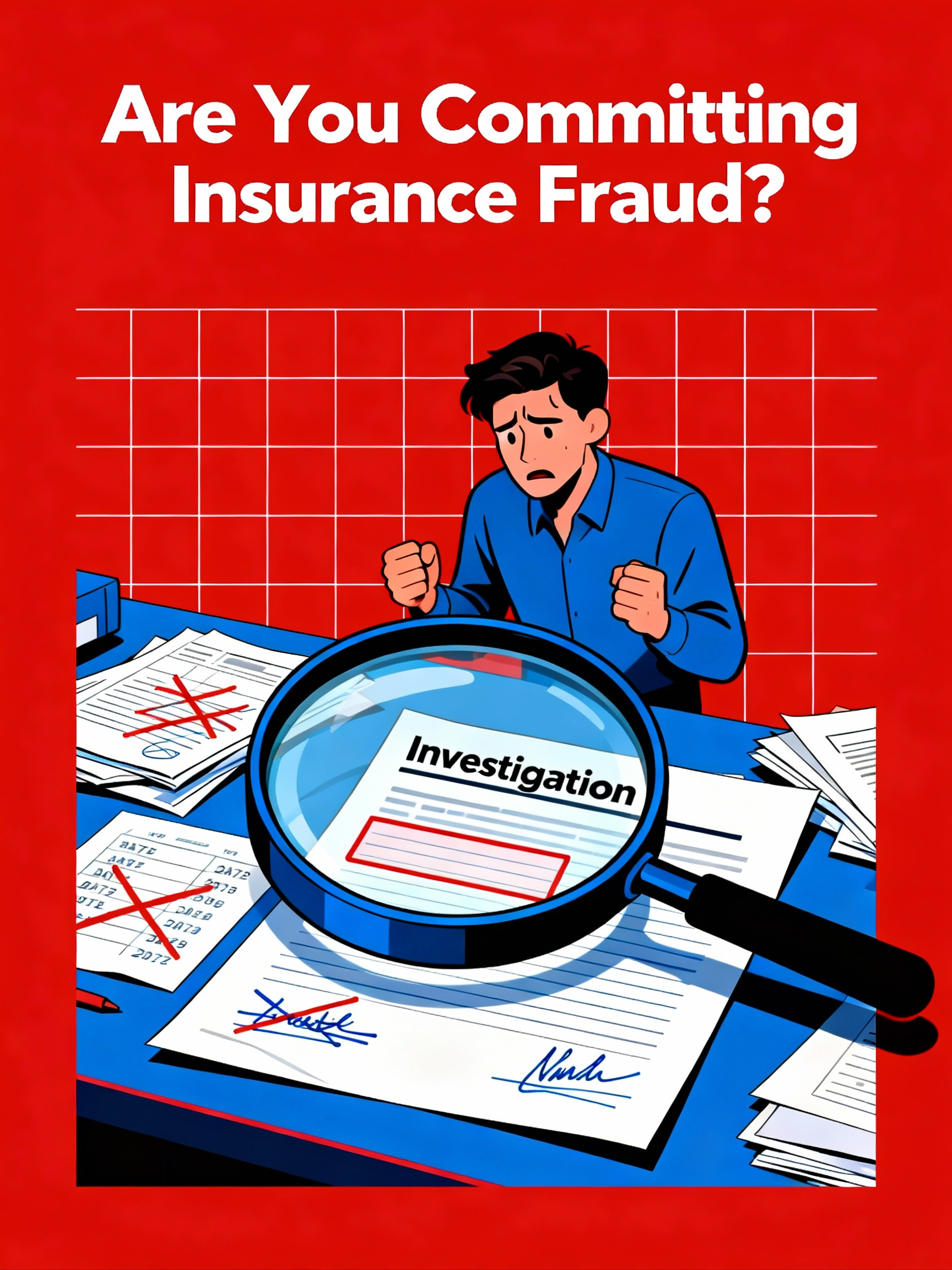How the Insurance Claims Process Really Works
Published Date: 09/10/2024
When disaster strikes—whether it’s a car accident, a burst pipe, or a house fire—insurance is supposed to make you whole again. Yet for many policyholders, the claims process feels confusing, slow, and deeply frustrating.
In this episode of Insurance Hour, insurance expert and host Karl Susman pulled back the curtain on what really happens during a claim. He explained the role of the claims adjuster, why communication often breaks down, and how homeowners can take control of the process for better outcomes.
Why Claims Adjusters Matter More Than You Think
When you file a claim, your insurer assigns a claims adjuster—the person responsible for investigating the loss, verifying coverage, and determining how much money you’ll receive.
But as Susman emphasizes, adjusters are not corporate villains.
“Claims adjusters are just people,” he said. “They have good days and bad days. One adjuster’s behavior doesn’t define an entire company or the whole industry.”
Adjusters operate within legal and company guidelines, but human judgment plays a significant role in how each claim unfolds.
“You can’t take the experience of one claims adjuster and assume it represents how an entire insurer operates,” Susman explained. “Every adjuster is different—and that’s why how you communicate with them matters so much.”
The Human Element Behind Every Claim
Claims adjusting is one of the most emotionally demanding jobs in insurance. Adjusters speak daily with people who have just suffered losses—damaged homes, totaled vehicles, or destroyed personal belongings.
“They’re dealing with people who are emotional, upset, sometimes angry—and understandably so,” Susman said. “It’s not an easy job.”
This doesn’t mean homeowners should accept poor service. But recognizing the human side of the process can dramatically change outcomes. When policyholders approach claims with professionalism instead of hostility, progress is often faster and smoother.
“If you’re frustrated, take a breath,” Susman advised. “Don’t yell at your adjuster. They’re not the enemy—they’re the person who can help you.”
How to Escalate a Claim the Right Way
Not every claim goes smoothly. Delays and miscommunication do happen. However, many homeowners damage their own case by escalating the wrong way.
“Don’t say, ‘You suck—who’s your boss?’” Susman joked. “That guarantees you’re not going to get the best treatment.”
Instead, he recommends a calm, professional approach, such as:
“I feel like my claim isn’t moving as quickly as I expected,” or
“I’m concerned that my claim isn’t being handled the way I hoped—may I speak with your supervisor?”
“When you phrase it that way, you’re not accusing anyone,” Susman explained. “You’re opening the door for them to help you—or to connect you with someone who can.”
Good Adjusters, Bad Adjusters, and Your Consumer Rights
Just like in any profession, there are excellent adjusters and poor performers.
A good adjuster will:
- Communicate clearly and promptly
- Explain timelines and next steps
- Be transparent about coverage
- Treat you with professionalism and empathy
A bad adjuster may be dismissive, unresponsive, or defensive. When internal escalation fails, consumers have another powerful tool: the state Department of Insurance.
“If you’ve tried to resolve it internally and still aren’t getting results, you can go to your state Department of Insurance,” Susman said.
In California, for example, the Department of Insurance allows policyholders to file formal complaints online, which legally require a response from the insurer.
The True Relationship Between You and Your Insurer
At its core, the insurance agreement is simple.
“We pay premiums. They pay claims. That’s the deal,” Susman said.
But it is also a contractual relationship built on mutual responsibility. Policyholders must provide accurate information, respond to requests promptly, and remain honest throughout the process. Insurers, in turn, are legally obligated to investigate claims in good faith and pay valid losses promptly.
“You’re not begging for help,” Susman explained. “You’re exercising a right under a contract you’ve paid for. But like any relationship, how you handle the conversation matters.”
How to Prepare Before You Ever File a Claim
Preparation before disaster strikes can dramatically improve your claim experience. Susman outlined several critical steps homeowners should take now:
Keep a home inventory with photos, receipts, and serial numbers.
Know your policy limits, deductibles, and exclusions.
Communicate in writing whenever possible to create documentation.
Report claims promptly and be completely honest.
Ask questions early about timelines, documentation, and next steps.
“If you don’t know what’s covered, you’ll have a harder time navigating your claim,” Susman warned.
The Psychology of Claims and Why Emotions Shape Outcomes
Most people file insurance claims rarely. When they do, it’s usually during one of the most stressful moments of their lives. That emotional weight often shapes how the entire claim unfolds.
“Most people don’t file claims very often,” Susman noted. “So when they do, they’re already stressed. But if you go in expecting a fight, you’ll probably get one.”
He encourages a collaborative mindset instead of an adversarial one. Adjusters are far more likely to advocate for reasonable, cooperative claimants.
“If you show that you’re reasonable, you give them a reason to go to bat for you,” he said.
When to Hire a Public Adjuster or Attorney
In major or complex claims—such as large fire or flood losses—policyholders sometimes turn to public adjusters or attorneys for help.
Susman supports knowing your rights but cautions against taking that step too early.
“Most claims can be resolved without outside help,” he said. “But if you’ve exhausted all options with your insurer and you’re still getting nowhere, then yes—get professional representation.”
Public adjusters typically charge 5–10% of the claim payout, while attorneys may work hourly or on contingency. Homeowners should always verify credentials before hiring either.
The Most Important Takeaway About Adjusters
If there is one message Susman wants every policyholder to remember, it is this: claims adjusters are human beings doing a difficult job.
They manage dozens of cases at once, operate under strict rules, and deal daily with people in crisis. That reality doesn’t excuse poor service—but it does mean that courtesy, patience, and professionalism often lead to better results.
“At the end of the day,” Susman said, “you get further with cooperation than confrontation.”
He advises policyholders to:
- Assume good intentions unless proven otherwise
- Communicate clearly and respectfully
- Escalate through proper channels when needed
Final Thoughts: Knowledge Is Your Strongest Protection
As Insurance Hour wrapped, Susman summarized his mission simply:
“Insurance isn’t sexy,” he laughed, “but it’s important. You just need to know more than you used to.”
Understanding how the insurance claims process really works—and how to work with adjusters instead of against them—empowers homeowners to protect their rights, reduce stress, and reach fair resolutions faster.
In today’s turbulent insurance environment, mastering the claims process is one of the smartest investments any policyholder can make.
Because in the end, as Susman reminds us:
“We pay premiums. They pay claims. Everything else is just the process of getting there.”
Author






